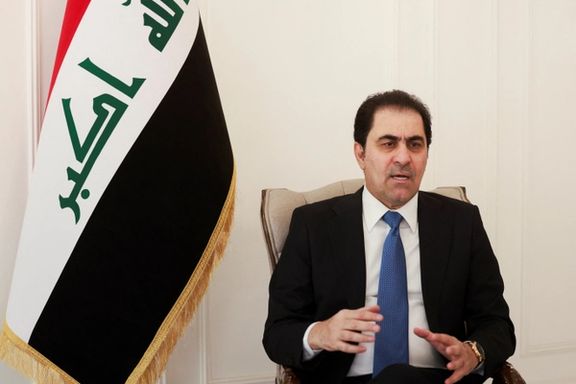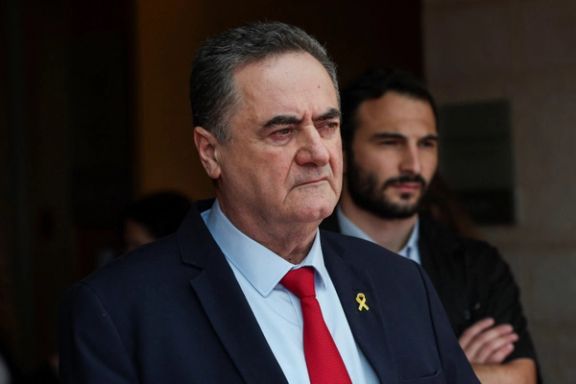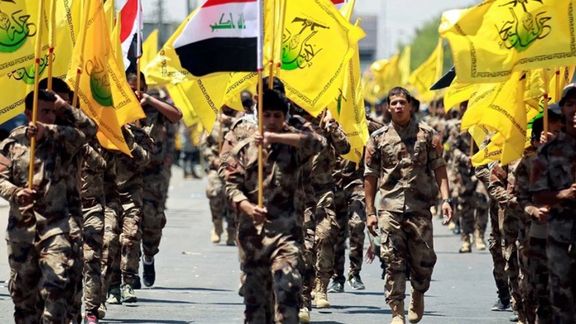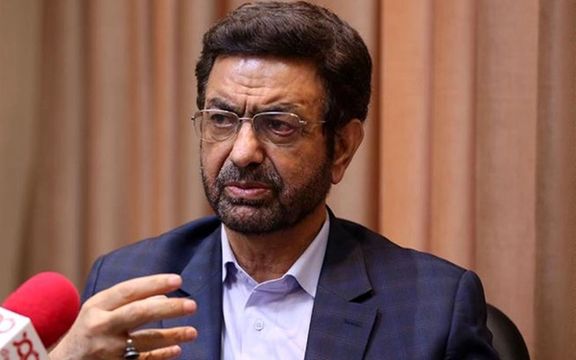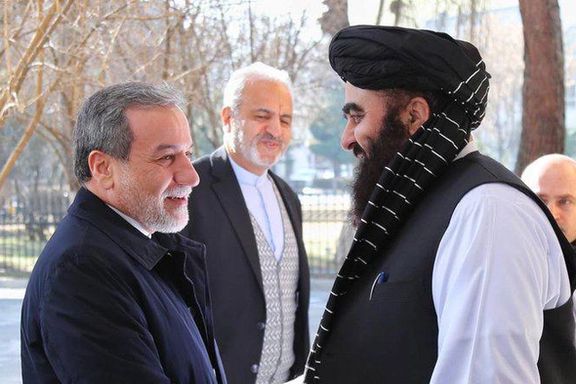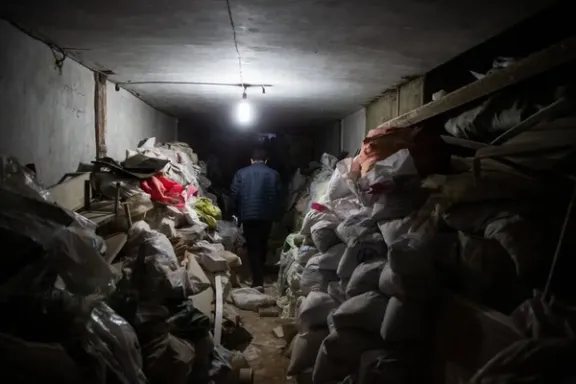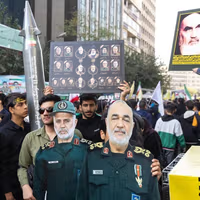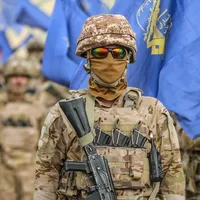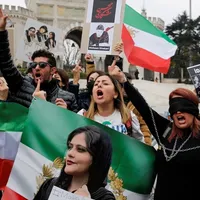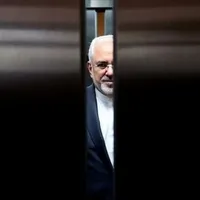"Since the massacre on Oct 7th, Israel has been fighting a war against the multidimensional Iranian threat on seven fronts. We have made many achievements and dramatically weakened those who seek our destruction," he said.
Since the Gaza war began, sparked by Iran-backed Hamas's attacks on Israel, the most deadly single day for Jews since the Holocaust, Israel has faced attacks from Iran's allies across the Middle East, including Lebanon, Yemen, Iraq and the occupied West Bank. Israel has since pounded Hamas in Gaza and massively debilitated Hezbollah in Lebanon, Iran's most powerful ally.
"Iran and its partners continue to threaten the regional and global stability. The upcoming months present us with the challenges that require military readiness," Katz added.
It comes as President Donald Trump just announced that military support for Israel, which had been put on hold by the Biden administration, is now en-route to Israel.
“A lot of things that were ordered and paid for by Israel, but have not been sent by Biden, are on their way!” Trump wrote on his social media app Truth Social on Saturday.
The Biden administration had withheld weapons including 2,000 pound bombs as it tried to force Israel towards a ceasefire and the release of more humanitarian aid into the Gaza Strip.
Trump said to reporters aboard Air Force One on Saturday, “we released them (the bombs). We released them today. And they’ll have them. They paid for them and they’ve been waiting for them for a long time. They’ve been in storage.”
Last week, when asked by a reporter in the Oval Office whether he would support Israel striking Iran's nuclear facilities, President Trump said: "Obviously, I'm not going to answer that question."
"It would really be nice if that could be worked out without having to go that further step ... Iran hopefully will make a deal, and if they don't make a deal, I guess that's okay too."
Without elaborating, Trump said he would be meeting various "very high-level people" in the coming days to discuss the Iran dossier.
